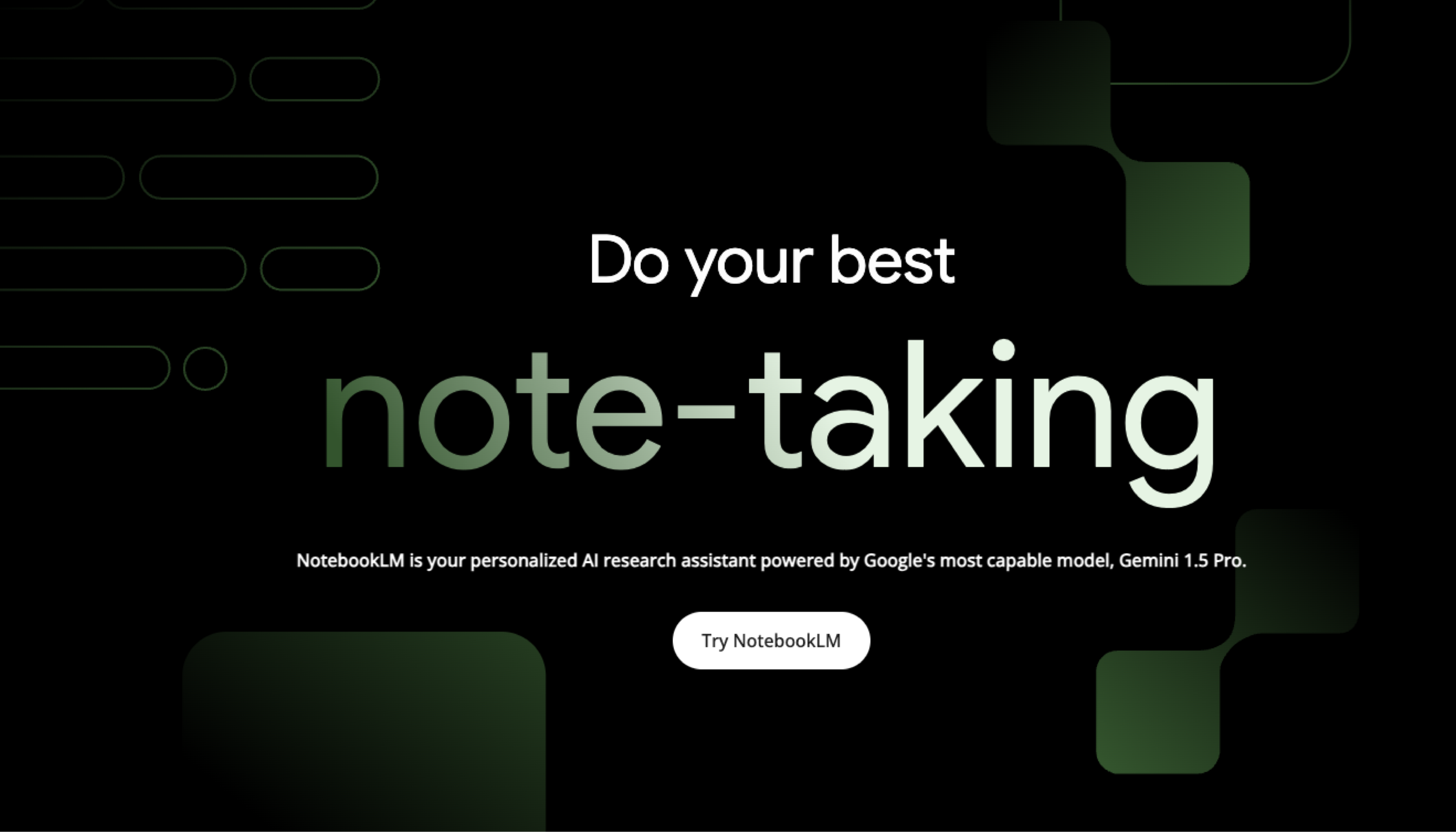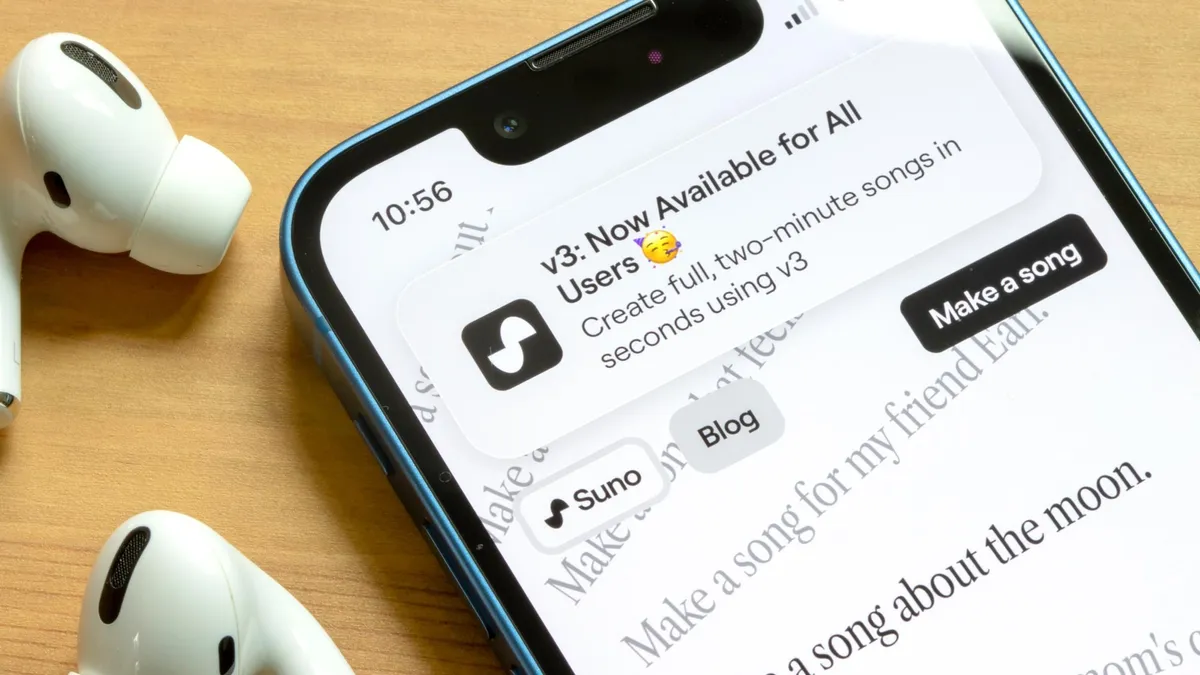
The world is awash with commercial AI applications, each vying for our hard-earned cash. OpenAI added new features to ChatGPT every week, Midjourney and Ideogram added editors and there was an army of single-purpose apps.
As well as the impressive array of commercial and closed AI tools, there is also a selection of either free or open-source options.
Here's a selection of some of the free products out there that may not hit the headlines but offer value in some way.
1. NotebookLM
While Google didn't release NotebookLM in 2024 (it came out in September 2023), it was the addition of podcasting in October this year that propelled it from a research project to an essential AI product — giving it a ChatGPT moment.
This was a great demonstration of the powerful creativity that could come out of all those years of DeepMind research. The idea that you can combine research materials, website URLs and YouTube video material into a knowledge accessibility package, was astonishing.
When you add in the amazing audio podcast functionality, it's no surprise it became a viral sensation. You can even join that audio conversation with the latest release, making it fully interactive.
2. Ollama / Llama 3.2

I combined these two AI entities — Ollama and Llama 3 — because in many ways they form a critical partnership. The former is a rather obtuse way of running open-source AI models on your local computer, and Llama 3 is Meta's model.
Llama 3 is a product that has transformed the delivery of free AI for the masses and has been customized and adapted numerous times for specific use cases.
Together they have driven a global revolution in home-brew, enthusiast and specialist AI development in almost every sector. It may not be something that you'll see every day in the news, but be assured that if AI comes to your watch, kitchen or car gadget in the near future, there's a strong likelihood that Llama 3 or its successors will be involved.
3. Bolt.diy
It's rare to find a commercial product offering a free open source version which turns out to be better than the original. But such is the situation with Bolt.new, an exciting no-code development tool which launched to much fanfare a few months ago.
The community raved and rallied around the free Bolt.diy version, and within weeks added a massive amount of functionality, including the option to use multiple models, and a host of other very valuable extensions.
No surprise then that last week commercial and open versions joined forces once again, presumably to fight off rival challenges in this crowded space. No matter what the situation, it's a great product all round in any version.
4. ComicLLM
All work and no play makes us all a little boring, no? So it's nice to be able to add a fun little AI tool for making comics of all shapes and sizes. It's not going to revolutionize the world or discover a new protein, but if you've got an artistic side to you, ComicLLM is a great way to try and let off a little steam when you get a spare moment.
5. Suno / Udio

These two AI apps are the terrible twins of AI music generation. They are not only the market leaders, but also very close in quality and user satisfaction. They're included here because, although they are commercial products, both offer generous free plans.
The two apps use AI to create music from a text prompt, which is miraculous enough on its own. But what makes them both so impressive is the fact that they do it so well.
The song output from Suno and Udio is rapidly becoming indistinguishable from human-made. And before the pitchforks come out, it still takes a musician's ear to get the best out of these products, so it's unlikely we'll see the end of musicians anytime soon. Thankfully.
And finally...
We couldn't let the moment pass without giving a shout out to CodeCompanion. This is a free Windows based micro-app generator. You plug in your text prompt (e.g. 'create me a to-do list app') and the AI model you choose will set about creating a full application for you without you having to do a line of code.
It's an extremely powerful tool, but super simple to use if you're prepared to learn a little bit about how apps are structured. Unlike other cloud based rivals, this runs on your Windows PC and stores your projects completely offline. It's well worth a look.







